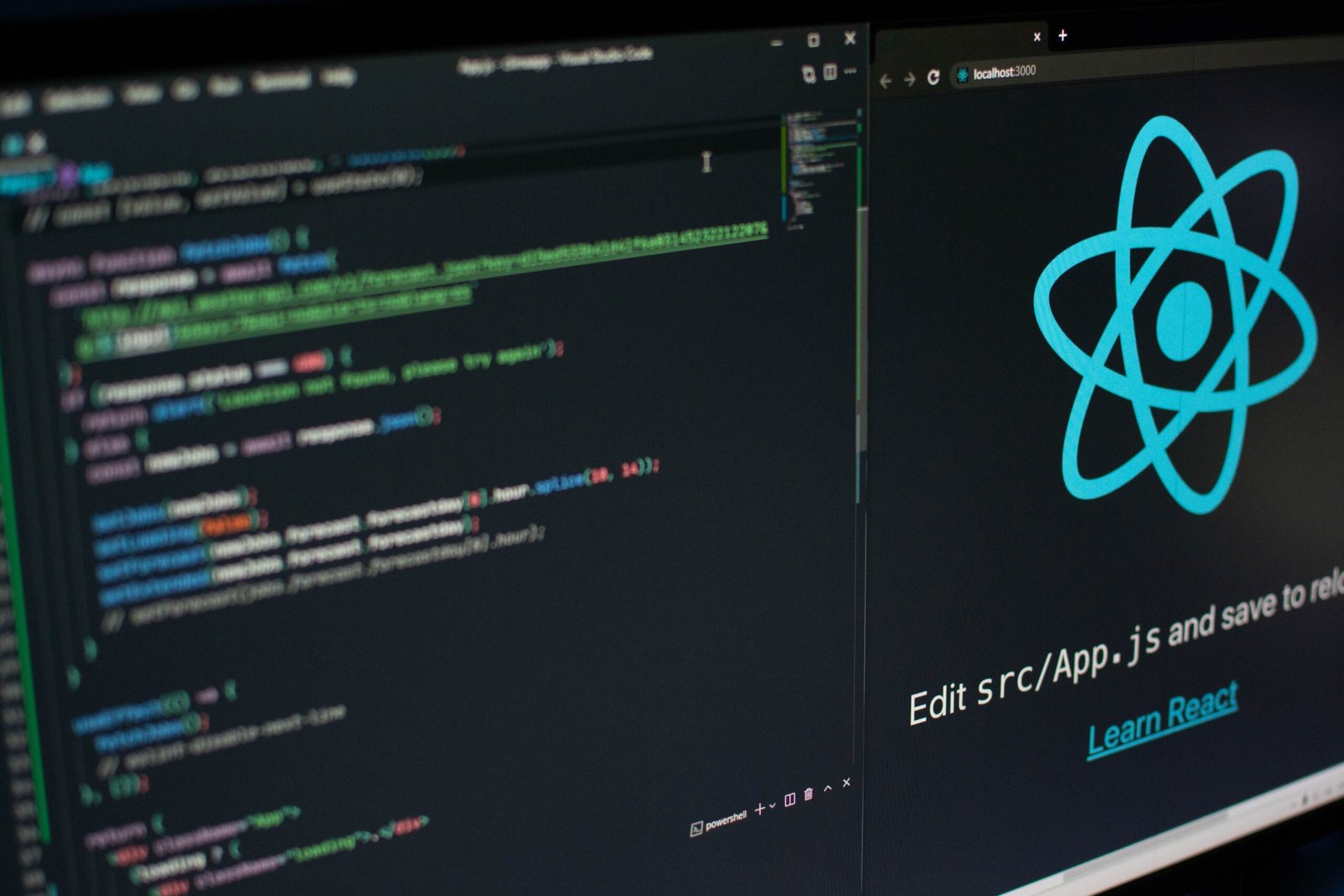Top 10 React Interview Questions and Answers for Experienced Developers

Introduction
React has become one of the most popular JavaScript libraries for building user interfaces. As an experienced developer, it is important to be well-prepared for React interviews. In this blog post, we will discuss the top 10 React interview questions and provide detailed answers to help you ace your next interview.
1. What is React?
React is a JavaScript library developed by Facebook for building user interfaces. It allows developers to create reusable UI components and efficiently update and render them when the data changes. React uses a virtual DOM to optimize performance and provide a seamless user experience.
2. What are the key features of React?
React has several key features that make it a popular choice among developers:
- Virtual DOM: React uses a virtual DOM to efficiently update and render components.
- Component-Based Architecture: React follows a component-based architecture, making it easy to reuse and maintain code.
- Unidirectional Data Flow: React follows a unidirectional data flow, making it easier to track and manage data changes.
- JSX: React uses JSX, a syntax extension for JavaScript, to write component templates.
3. What is the difference between React components and React elements?
React components are reusable, self-contained pieces of code that define the structure and behavior of a part of the user interface. React elements, on the other hand, are the building blocks of React components. They are lightweight objects that represent the structure and properties of a component.
4. What is the purpose of state in React?
State is a built-in feature of React that allows components to store and manage data that can change over time. It is used to create dynamic and interactive user interfaces. When the state of a component changes, React automatically updates the affected parts of the UI to reflect the new state.
5. What is the difference between props and state?
Props and state are both used to pass data from a parent component to a child component. However, there are some key differences:
- Props are read-only and cannot be modified by the child component, while state can be modified by the component itself.
- Props are used to pass data from a parent component to a child component, while state is used to manage data within a component.
6. What is the significance of keys in React lists?
Keys are used in React lists to give each list item a unique identifier. They help React identify which items have changed, been added, or been removed. Keys improve the performance and efficiency of list rendering in React.
7. What are React hooks?
React hooks are functions that allow you to use state and other React features in functional components. They were introduced in React 16.8 to provide a simpler and more flexible way of managing state and side effects in functional components.
8. What is the purpose of the useEffect hook?
The useEffect hook is used to perform side effects in functional components. Side effects can include fetching data from an API, subscribing to events, or updating the document title. The useEffect hook runs after every render of the component and allows you to manage side effects in a declarative way.
9. How can you optimize performance in React?
There are several ways to optimize performance in React:
- Use the shouldComponentUpdate lifecycle method or React.memo to prevent unnecessary renders.
- Use the virtual DOM to efficiently update and render components.
- Use lazy loading and code splitting to load components and resources only when needed.
- Optimize network requests and minimize the size of transferred data.
10. How can you handle forms in React?
In React, you can handle forms by using controlled components. Controlled components are components that render a form element and manage its state. They capture user input and update the state accordingly, allowing you to control and validate the form data.
Conclusion
Being well-prepared for React interviews is crucial for experienced developers. By understanding and confidently answering these top 10 React interview questions, you will increase your chances of impressing potential employers and securing your dream job. Remember to practice and familiarize yourself with React concepts and best practices to excel in your interviews.
